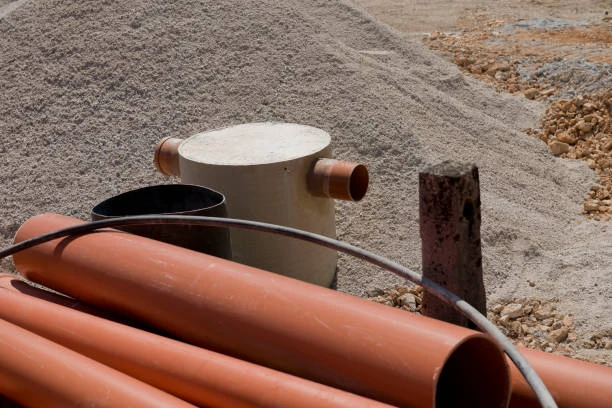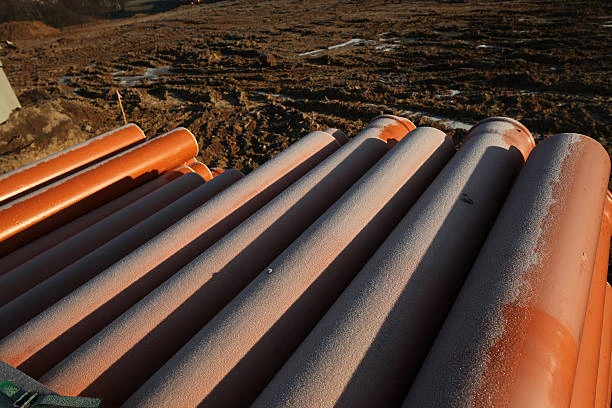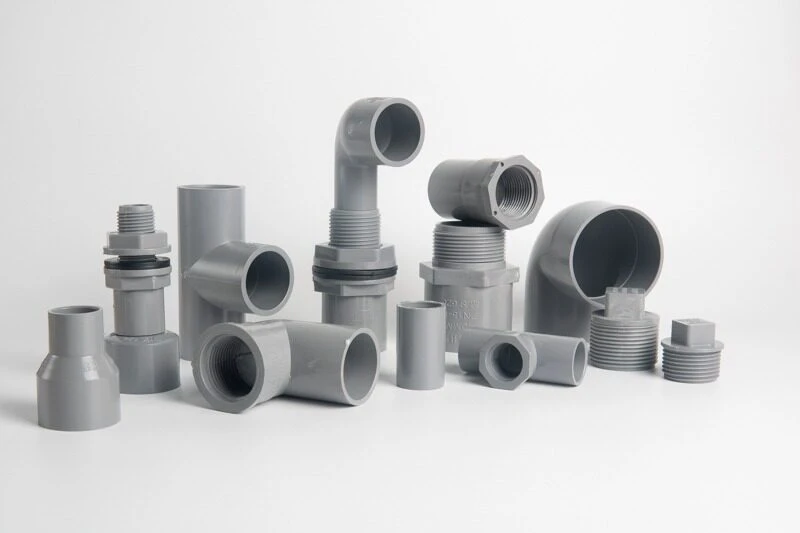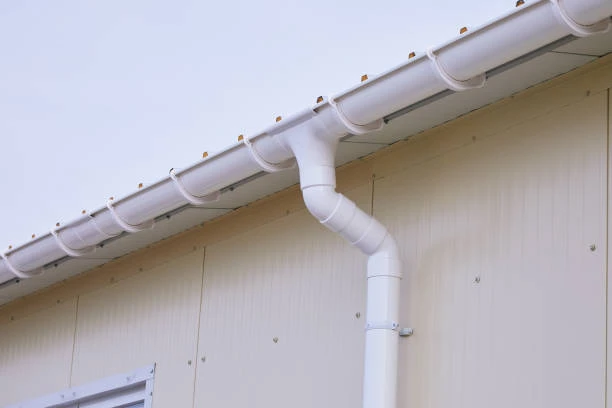Introduction
Clear UPVC pipe fitting, especially the Equal Tee DN50 for tube 25mm, have gained attention for their versatility and efficiency. These fittings offer clarity and precision in applications requiring durability, chemical resistance, and ease of installation. From residential plumbing to industrial setups, their demand keeps rising. In this article, we will explore the key features, benefits, and applications of clear UPVC Equal Tee fittings while explaining why they make an excellent choice for tube systems.
What Is a Clear UPVC Pipe Fitting Equal Tee?
A clear UPVC Equal Tee fitting connects three tubes or pipes of the same diameter in a “T” shape. It splits or merges the flow of fluids in piping systems, making it indispensable in water distribution, chemical processing, and similar industries.
- Material: Made from unplasticized polyvinyl chloride (UPVC), these fittings are rigid and durable.
- Transparency: The clear design allows visual inspection of the flow, making it perfect for monitoring systems.
- Dimensions: “DN50” refers to a nominal diameter of 50mm, ensuring compatibility with specific pipe sizes.
Why Choose Clear UPVC for Pipe Fittings?
Clear UPVC combines the trusted properties of UPVC with the added advantage of transparency. Let’s break down its benefits:
1. High Chemical Resistance
Clear UPVC resists corrosion and chemical damage, making it a top choice for systems handling harsh fluids.
2. Visual Monitoring
The transparent nature of the fittings helps users detect blockages, leaks, or contamination without dismantling the system.
3. Durability
These fittings handle daily wear and tear, ensuring a long lifespan even in demanding environments.
4. Lightweight and Easy to Install
Clear UPVC fittings weigh less than metal counterparts, simplifying transportation and installation.
Key Features of the DN50 Equal Tee for Tube 25mm
1. Precise Dimensions
This Equal Tee accommodates pipes with a DN50 diameter and seamlessly integrates with 25mm tubes, ensuring a snug fit.
2. Leak-Free Design
Manufacturers craft these fittings to create tight, reliable seals, reducing the risk of leaks.
3. Versatile Applications
The fitting supports various configurations, whether you need to divert flow or connect multiple branches.
Applications of Clear UPVC Pipe Fitting Equal Tees
1. Plumbing Systems
These fittings play a crucial role in residential and commercial plumbing, delivering clean water without contamination risks.
2. Chemical Processing
Their resistance to corrosive fluids makes them ideal for transporting chemicals in factories and laboratories.
3. Aquaculture
Clear UPVC Equal Tees support efficient water circulation in fish farms and aquatic systems.
4. Food and Beverage Industry
The transparent design aligns with hygiene standards, allowing easy inspection in food-grade applications.
5. Wastewater Management
Equal Tees direct and manage wastewater flows in treatment plants.
Advantages of Using Clear UPVC Equal Tee DN50 Fittings
1. Reduced Maintenance Costs
With their durable and chemical-resistant material, these fittings require less frequent replacement or repair.
2. Energy Efficiency
Clear UPVC’s lightweight nature reduces the energy required for pumping, making it eco-friendly.
3. Aesthetic Appeal
The transparent look fits modern and industrial aesthetics, adding functionality and style.
How to Install the Clear UPVC Equal Tee DN50
Step 1: Prepare the Pipes
Clean the pipe ends to remove dirt and debris.
Step 2: Apply Adhesive
Use a compatible UPVC adhesive for a secure bond.
Step 3: Join the Pipes
Insert the pipes into the Equal Tee fitting and ensure proper alignment.
Step 4: Allow for Curing
Let the adhesive cure for the recommended time before use.
Why DN50 and 25mm Tubes Work Well Together
The DN50 Equal Tee fitting ensures compatibility with tube systems of varying sizes. Its adaptability allows users to integrate different tube dimensions without compromising flow efficiency. This versatility makes it popular across multiple industries.
Comparing Clear UPVC to Other Materials
Clear UPVC vs. Regular UPVC
- Transparency: Clear UPVC offers visual monitoring, while regular UPVC does not.
- Cost: Clear UPVC fittings tend to be slightly more expensive.
Clear UPVC vs. Metal Fittings
- Weight: Clear UPVC fittings are lighter and easier to handle.
- Corrosion Resistance: Unlike metal, UPVC doesn’t corrode, even with chemical exposure.
Tips for Choosing the Right UPVC Equal Tee
1. Confirm the Size
Ensure the DN50 Equal Tee matches your tube diameter.
2. Verify Compatibility
Check chemical and temperature compatibility for your application.
3. Look for Certified Products
Opt for fittings with certifications to guarantee quality.
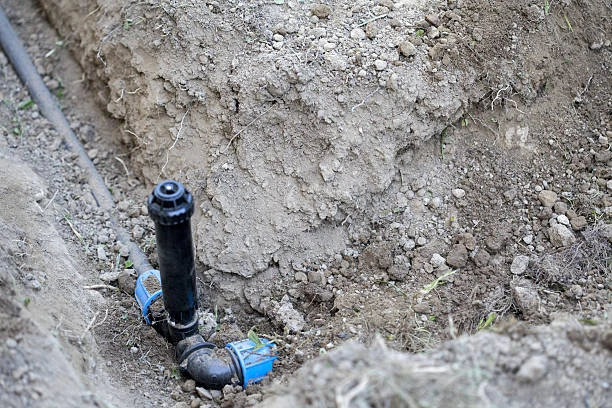
Future Trends in Clear UPVC Fittings
Innovations in material science may lead to more durable, temperature-resistant UPVC fittings. Additionally, the demand for transparent components in monitoring systems will likely increase their adoption in new industries.
Conclusion
Clear UPVC pipe fitting Equal Tee DN50 for tube 25mm stands out as a reliable, efficient, and versatile solution in various applications. Its transparency, durability, and chemical resistance make it an excellent choice for industries ranging from plumbing to chemical processing. By understanding its benefits and proper usage, you can maximize efficiency and reduce costs in your piping systems.
FAQs
1. What is the advantage of a clear UPVC Equal Tee?
The transparency of clear UPVC allows users to monitor fluid flow, detect blockages, and maintain the system efficiently.
2. Can the DN50 Equal Tee handle high-pressure systems?
Yes, this fitting is designed to perform reliably in moderate to high-pressure systems within its specified ratings.
3. How do I ensure a leak-free connection with a clear UPVC Equal Tee?
Use a high-quality UPVC adhesive and follow the manufacturer’s instructions for cleaning, alignment, and curing.
4. Is the clear UPVC Equal Tee suitable for outdoor use?
Yes, it resists UV radiation and weathering, making it suitable for outdoor installations.
5. What industries commonly use clear UPVC Equal Tees?
Industries like plumbing, chemical processing, aquaculture, and food and beverage production rely heavily on these fittings for their durability and transparency.






